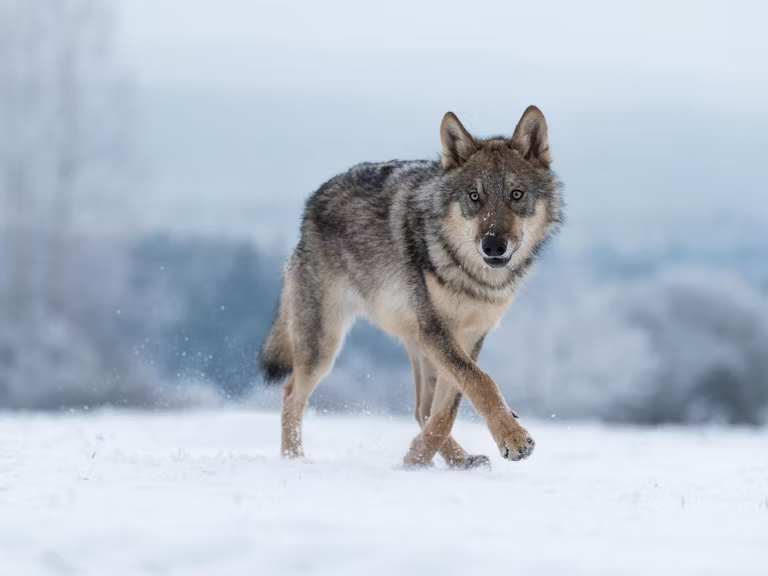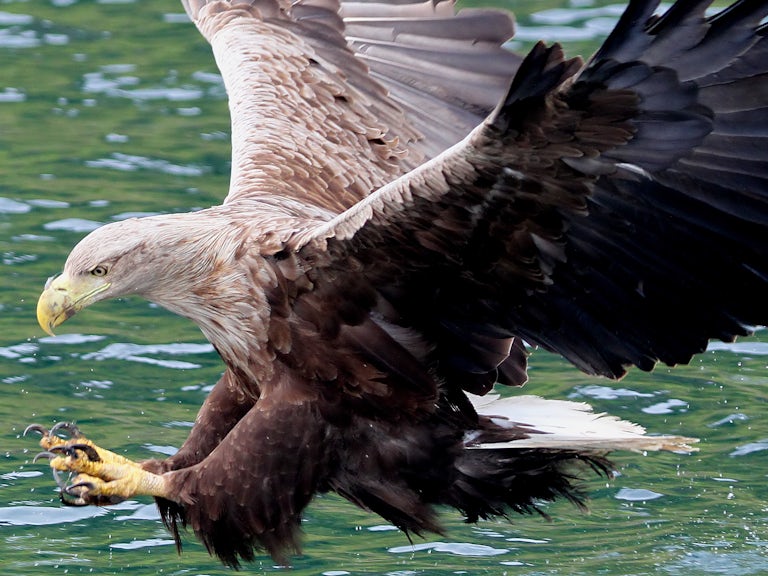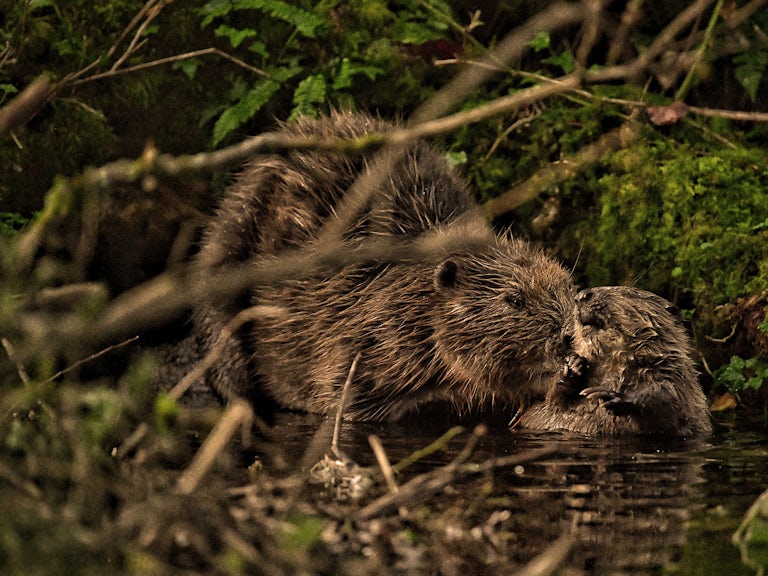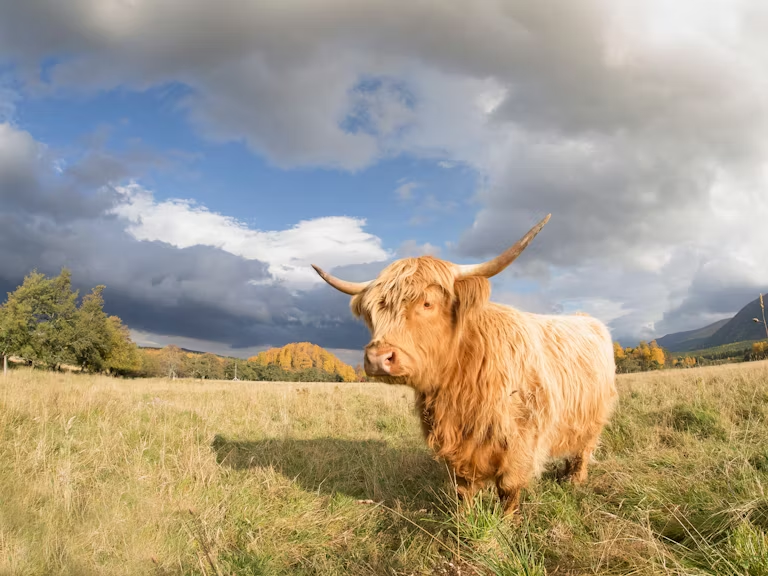Knepp Estate
Knepp Estate is probably the most famous rewilding project in Britain. We shine a light on its successful business model.

22%
profit margin
Knepp Estate is probably the most famous rewilding project in Britain. But while its storks and purple emperor butterflies are renowned, much less well-known is its successful business model. Knepp’s nature tourism business – comprising ‘wild safaris’, camping, glamping and a shop – now has a turnover of around £800,000 per year, with a 22% profit margin (£190,000).
Charlie Burrell and Isabella Tree, who run Knepp Estate, have carried out detailed analysis on how their estate performs against other comparable ones. Using data from Savills to ‘benchmark’ Knepp against other rural estates, the analysis shows Knepp greatly outperforming the average English rural estate, as well as the average for the southeast. While much of this is due to Knepp’s residential and commercial lets, the estate does better than average on agricultural gross income alone.
Indeed, Knepp’s £/ha profits from in-hand farming have consistently outperformed the English average for in-hand farming estates over the past 20 years, as measured by Savills’ benchmarking survey. As Isabella Tree relates in her book Wilding, it’s over this period of time that Knepp has made the transition to rewilding.
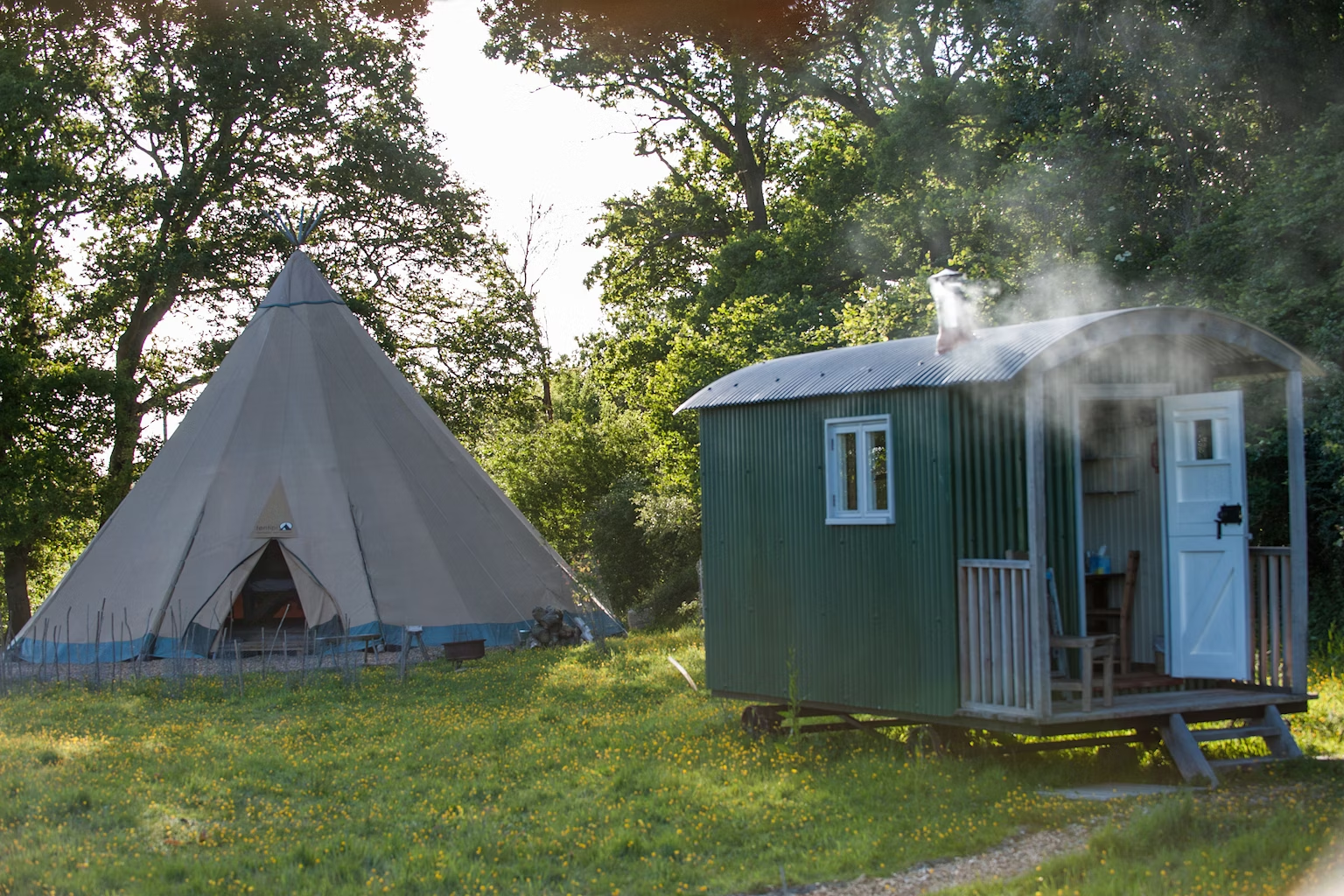
Using another measure – Defra’s Farm Business Survey – Knepp Estate’s in-hand farming profits have also performed better than cereal farms in southeast England over this same period. It’s done even better when the comparison is made with lowland grazing livestock in the southeast.
Some of Knepp’s farming income has come through farm subsidies: a combination of the Basic Payments Scheme and, more substantially, Countryside Stewardship (and previously Higher Level Stewardship) as payment for the environmental benefits of Knepp’s rewilding approach. But the estate has also sought to become less reliant on such schemes, partly by diversifying out of agriculture through its eco-tourism offer, and partly by increasing the profit margins for its produce.
Knepp produces around 35 tonnes of meat a year from its livestock and deer. Currently, most of this is sold wholesale, but a few cattle are butchered and retailed direct through their farm shop, adding an astonishing profit of £1,500 per animal over the wholesale price.
Charlie Burrell estimates that if there was sufficient demand to retail all of Knepp’s ‘wild meat’ in this way, the estate could replace its BPS income stream entirely. While it’s not quite that easy, it’s one reason why Knepp has invested in an on-site state-of-the-art butchery, which the estate predicts will have a turnover of £500,000 to £700,000 within five years.
“There’s clearly space for many more rewilded estates offering camping and wildlife safaris”
Charlie Burrell
Knepp Estate
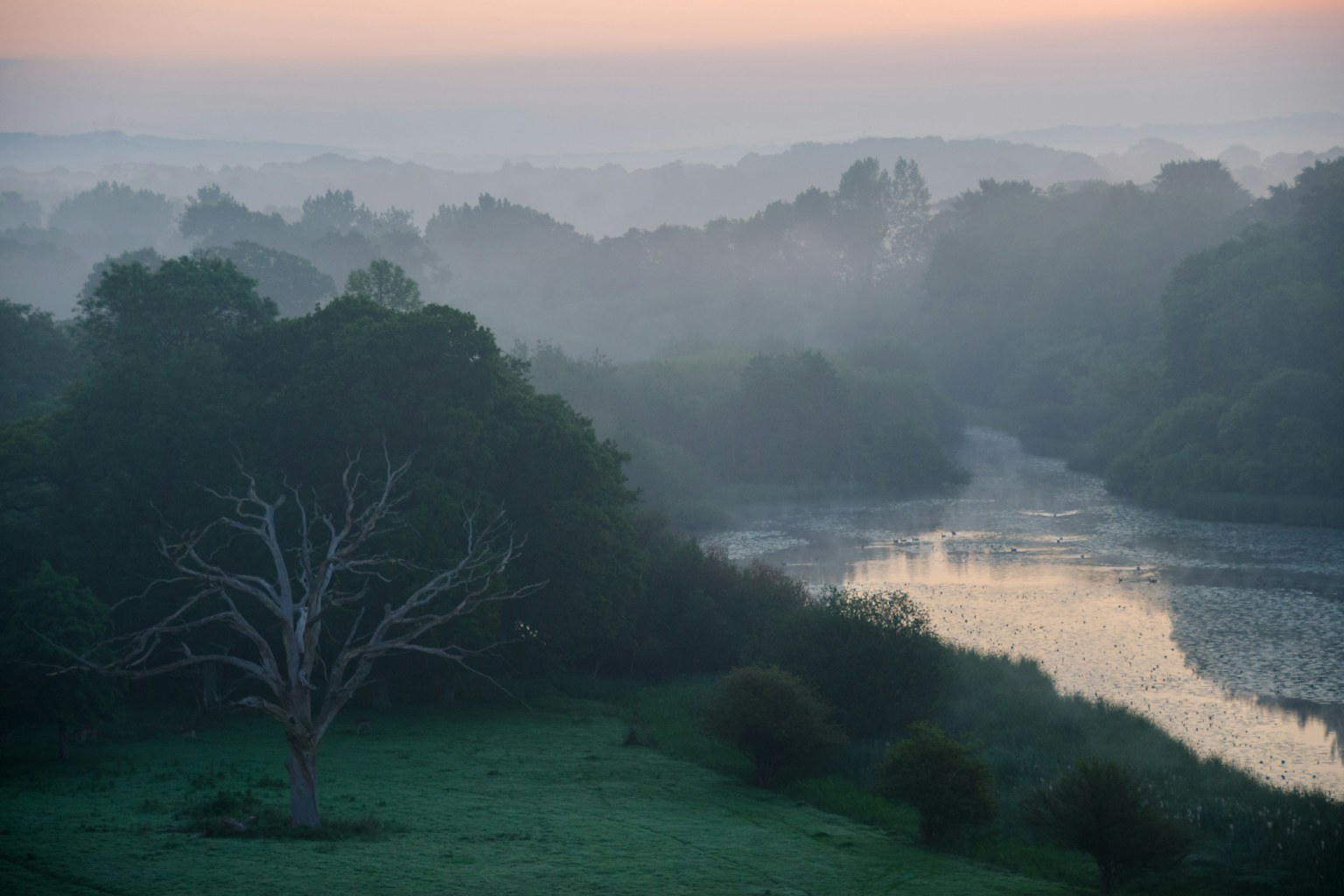
Charlie and Isabella’s long-term aim is to diversify the estate’s income sources further over the coming years, moving towards a fairly even split between rents, farm produce, tourism and future Environmental Land Management scheme payments. Doing this, they hope, will make Knepp more resilient to whatever the world can throw at it – be that uncertainties around farm payment systems, Brexit trade deals, or future pandemics.
Even though COVID-19 has dented Knepp’s tourism, there appears to be ‘an insatiable appetite for getting out and connecting to nature’, as Charlie puts it. Is the market saturated? No, says Charlie; there’s clearly space for many more rewilded estates offering camping and wildlife safaris. When it’s put to him that there can only ever be one Knepp, his answer is as succinct as it should be encouraging to would-be rewilders: “Rubbish!”
Read more about Knepp Estate and other rewilding projects on the Rewilding Network map.
Page published October 2021
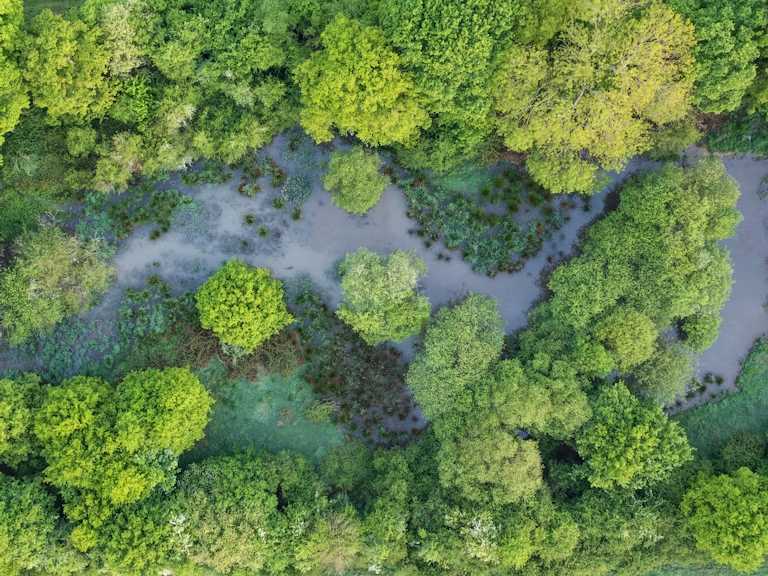
Explore our Rewilding Manifesto
We need UK Government to Think Big and Act Wild for nature, people and planet.
Learn more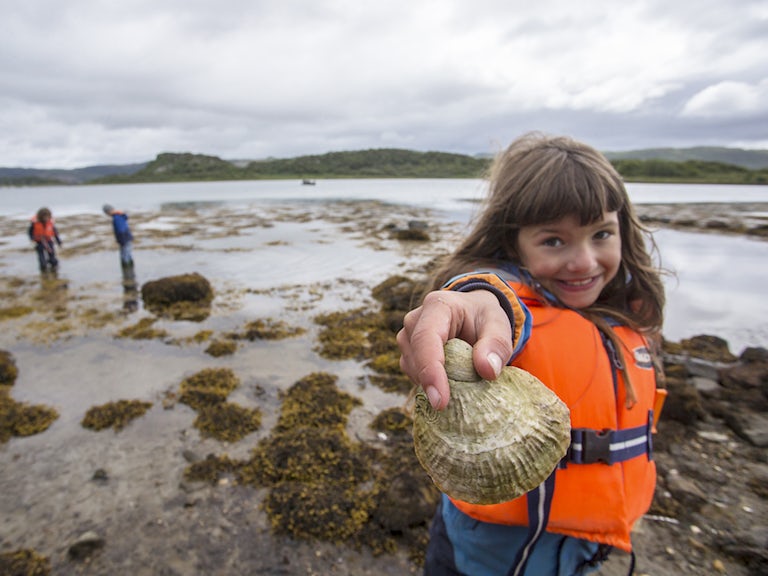
Our vision
We have big ambitions. Find out what we’ve set out to achieve through rewilding.
Our 2025-2030 strategy
